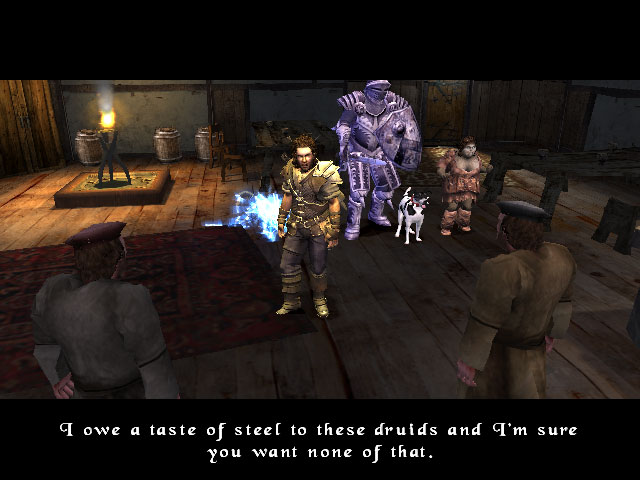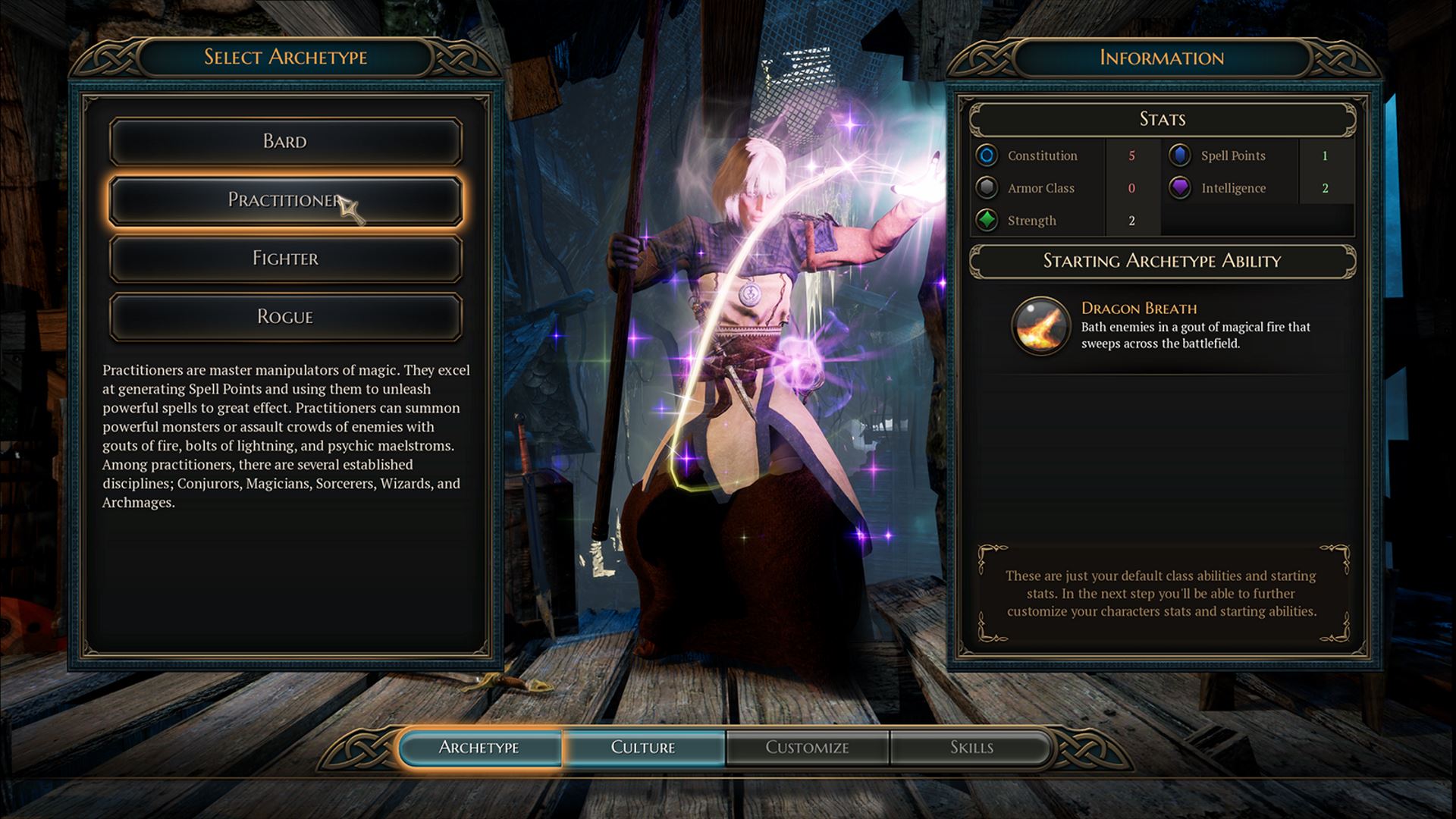
In the game’s one interesting twist, the Bard can summon allies by playing tunes on his lute.

If you’ve played any other games of this kind, then you already know Your way through hordes of mindless enemies, gaining experience and leveling Of Norrath, unsurprising when you realize that the game’s engine was licensedįrom Snowblind, the developer behind those better action/RPGs. Wedged firmly into the mold of games like Baldur’s Take, for example, the derivative gameplay. Obviously they had to make this into something of a video game, so eventually your meanderings lead to a quest to save a damsel in distress’although she’s certainly not the only thing distressing about The You lust for wealth, women and wine ” in that order ” and will go to any lengths that don’t require much physical labor to achieve these ends. Unlike the original game, you don’t control a party of characters, just the Bard, a man of inaction and irreverence. Tale tells lots of jokes, but the punchline of repetitive gameplay and bad design will have you singing songs of sorrow.
THE BARDS TALE DIALOGUE OPTIONS PS2
Unfortunately, I cannot say the same for the limp version available for the PS2 and the Xbox. I played the heck out of it on the Apple II and loved every revolutionary second of it.

In fact, some twenty years ago, a Bard starred in one of the most influential RPGs ever, Theīard’s Tale. The Bard hasn’t always been a hated D&D character. Except when “he” sings and plays, “you” get to actually singĪnd play! And everyone hates that, and will try over and over again to accidentally drop a vial of poison into your mead or something. See, the reason everyone hates the Bard isn’t because he’s inherently worse, it’s that he sings and plays a lute.


 0 kommentar(er)
0 kommentar(er)
